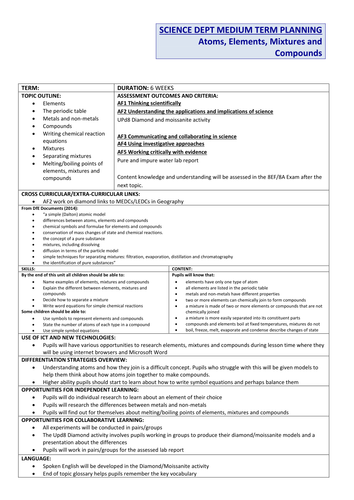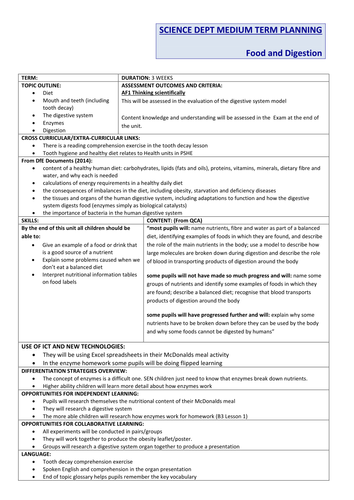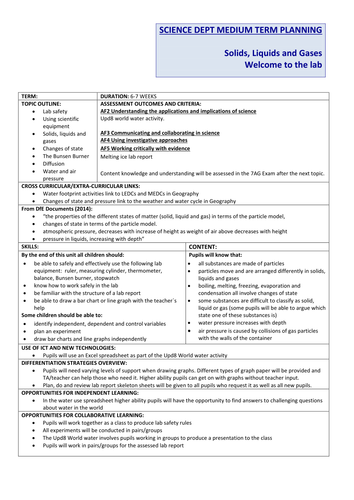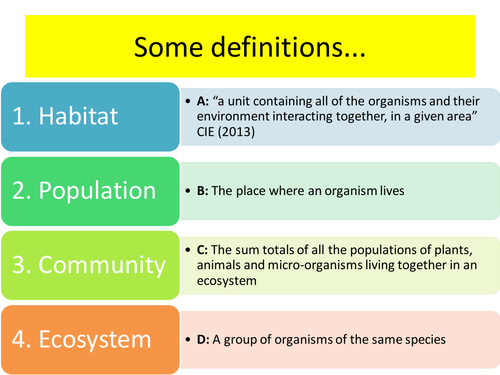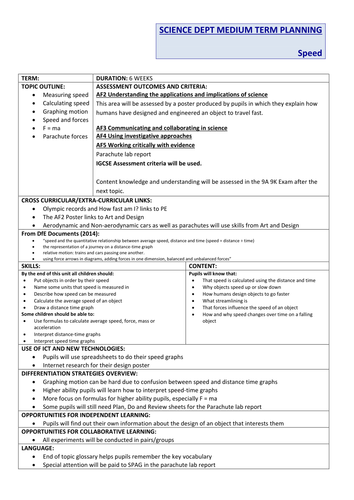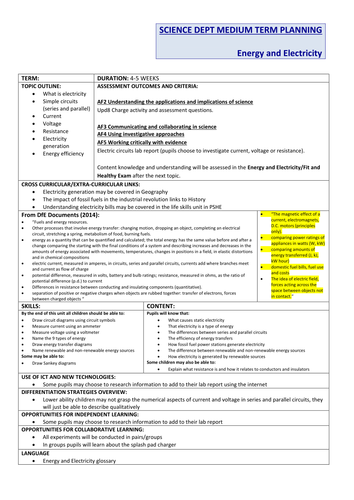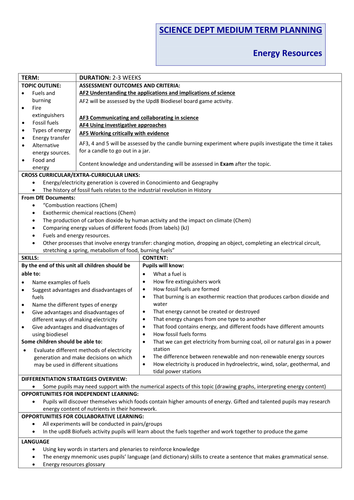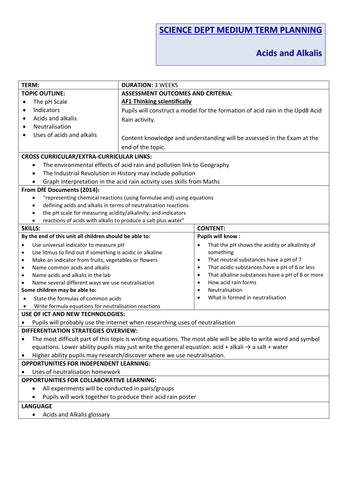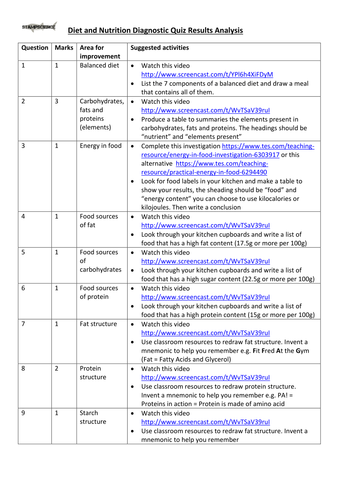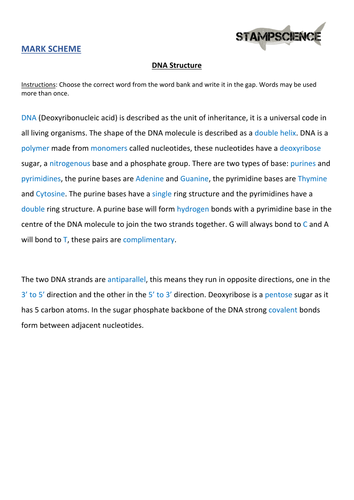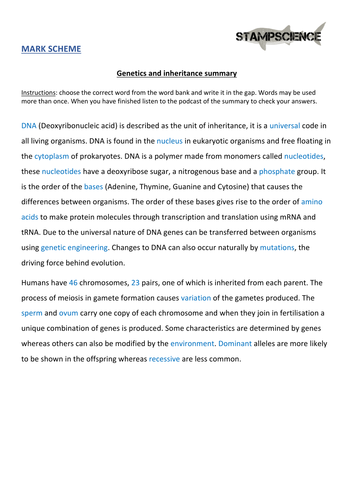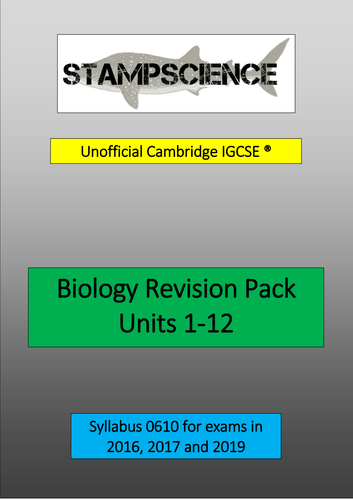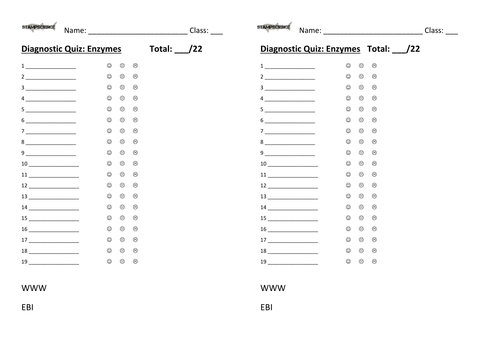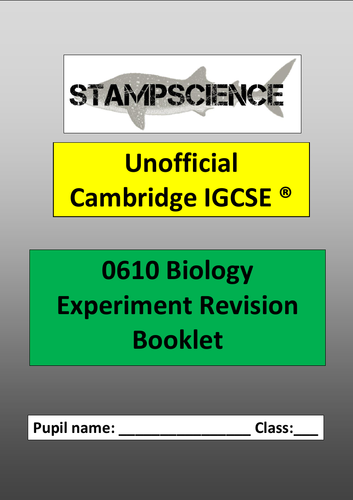StampScience Shop
I have been teaching Science for 12 years now and the last 11 have been in British International Schools in Mexico and Spain. I have been an IB Diploma examiner for the last 9 years. My specialism is Biology but I currently teach Biology up to IGCSE and KS3 Science. Most of my resources are EAL/ESL focussed as the majority of my pupils do not have English as a mother tongue. I am selling resources for KS3 Science and IGCSE Biology. I continue to upload many resources for free.


